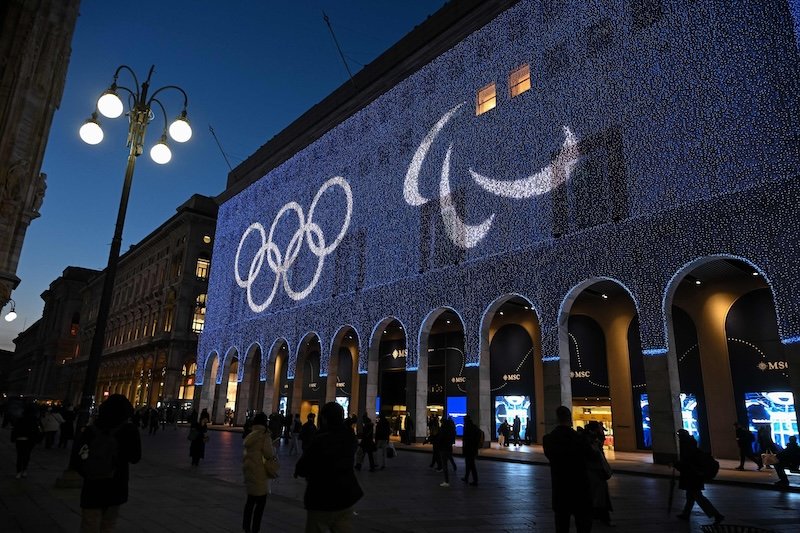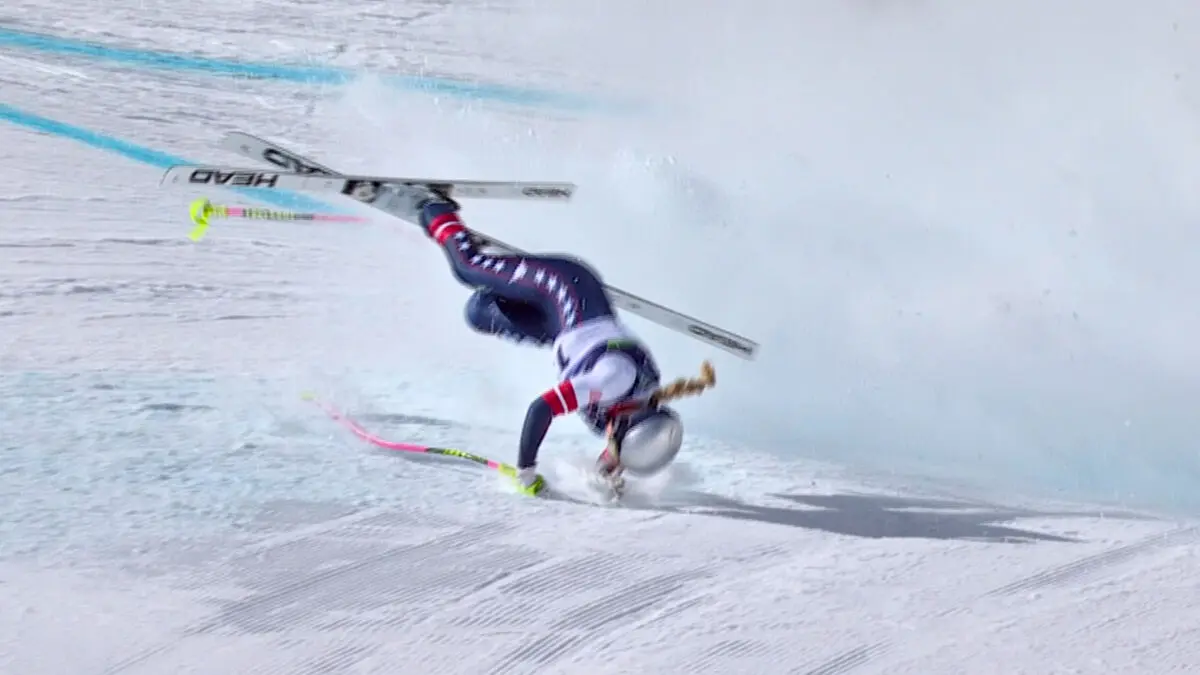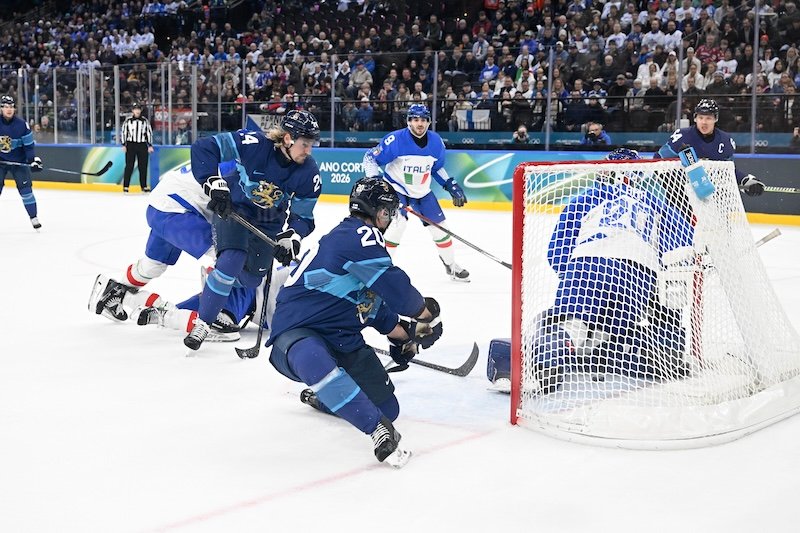Madrid, January 17, 2024, The Europe Today: Former Spanish tennis sensation Arantxa Sanchez Vicario, 52, has been handed a suspended jail term for fraud, according to a ruling by a court in Barcelona on Wednesday. Sanchez Vicario, along with her former husband Josep Santacana and three others, was convicted of concealing assets to evade a 7.6 million-euro ($8.27 million) debt owed to Banque de Luxembourg, including interest.
The court sentenced Sanchez Vicario to a suspended jail term, stipulating that she will not serve time behind bars provided she avoids committing any other crimes within the next two years. Her former husband, Santacana, received a three-year and three-month jail sentence.
The charges, vehemently denied by the divorced couple who separated in 2019, alleged the hiding of assets to circumvent the substantial debt. The court ordered them to pay 6.6 million euros in compensation to Banque de Luxembourg and imposed unspecified fines.
Sanchez Vicario, the first Spanish player to ascend to the top of women’s tennis rankings, claimed ignorance of the financial manipulations, placing blame on Santacana, who she argued had managed her finances without her awareness.
Despite her assertion of financial naivety, the court asserted that Sanchez Vicario had full knowledge of the actions involving her assets and benefited from them, maintaining awareness of the debt owed to Banque de Luxembourg.
The case traces back to a 2009 Supreme Court order for Sanchez Vicario to pay a 5.2 million euro fine for tax fraud over the 1989-2003 period when she was a resident in Spain, contrary to her claim of residency in Andorra. After transferring assets from Banque de Luxembourg, the Spanish state eventually retrieved the money through a guarantee agreement.
Banque de Luxembourg accused the couple of never honoring their debt and concealing assets, leading to the criminal court proceedings. A previous civil suit in 2014 ruled in favor of the bank, but the funds were never paid, prompting the escalation to criminal courts. The court’s decision marks a notable chapter in the legal saga surrounding the former tennis champion’s financial dealings.














